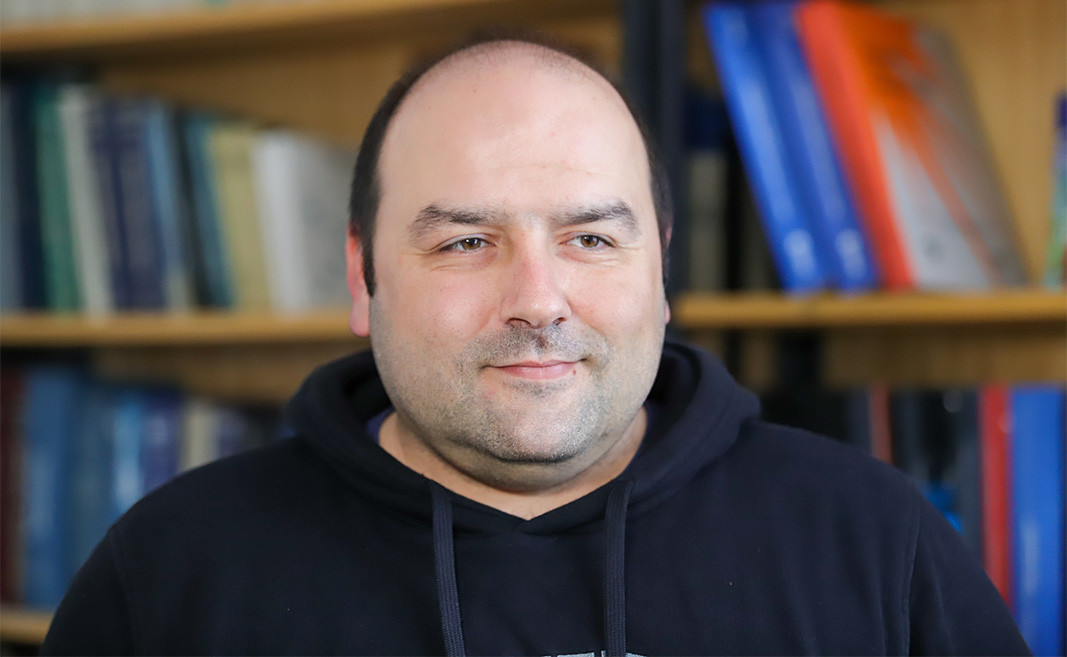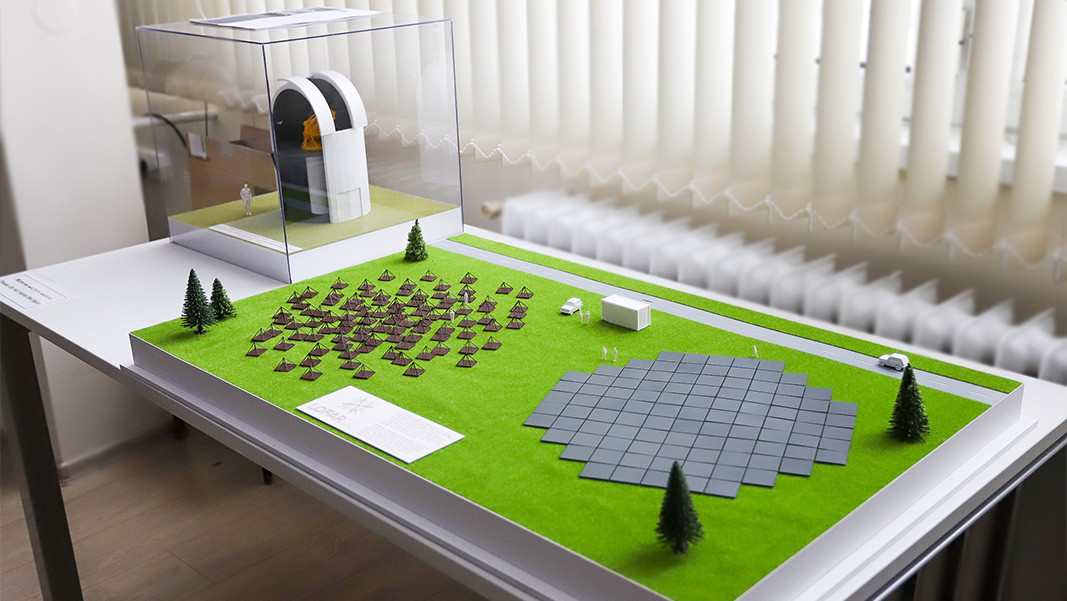"Each station has a large number of relatively simple radio antennas which, using modern technology, electronics and computers, can together observe the same objects in the sky - points out in an interview for Bulgarian National Radio Associate Professor Kamen Kozarev from the Institute of Astronomy with the National Astronomical Observatory at BAS. - If all these observing stations work simultaneously, the radio telescope can achieve very high resolution".
"In fact, with this telescope we can observe all sorts of phenomena from the universe's inception and the birth of the first stars to exploring our ionosphere and studying our own sun.Two more stations will be built by 2025. One will be in Bulgaria and the other in Italy, with our station being the first on the Balkan Peninsula and in south-eastern Europe in general. It will be the southernmost and easternmost radio telescope station, and the northernmost is in Sweden. The group of participating countries also includes Germany, France, Poland, the United Kingdom and Latvia".
The new observation station in Bulgaria will be built next to the Rozhen National Astronomical Observatory. Dipole antennas will be positioned on the site, which will be the size of a football field.

The project is funded by the Bulgarian government through the National Roadmap for Research Infrastructure. The station is currently under construction and details of where the antennas will be located are being carefully planned. According to Associate Professor Kozarev, Bulgaria has a tradition in optical astronomy, with a brand new optical telescope recently commissioned at the Rozhen Observatory, but researchers in the country have little experience of radio astronomy. Once the radio telescope is built, it will be able to work with the other stations as well as independently, allowing Bulgarian researchers to carry out valuable new research on different objects.
"The main interest of our radio telescope group is the study of the Sun and the activity in the ionosphere caused by solar activity.
We are currently recruiting specialists and building a very strong team. I dare say that it will be fully prepared for the modern technology and science of the 21st century. It is very important for us to keep up with modern scientific developments."We came out to defend freedom. We will keep fighting. The protest continues on Wednesday", Vazrazhdane leader Kostadin Kostadinov said an interview with BNR. "The protest continues inside the National Assembly. We will resist until the end", the MP..
Despite the ban by the Sofia Municipality, the Lukov March took place under heightened police presence. Participants in the far-right procession gathered on February 22 at Sveta Nedelya Square. They marched to the house of General Hristo Lukov, where..
The meeting of the Joint Multidisciplinary Commission of Experts on Historical and Educational Issues between Bulgaria and North Macedonia in Skopje ended without progress, BTA reported. On February 21 and 22, the Commission once again..
According to data from Eurostat, Bulgaria has met the final criterion for joining the eurozone, namely price stability, Minister of Finance Temenuzhka..
Sofia has taken over the presidency of the most prestigious local government forum in the Balkans – B40. The capital’s mayor Vasil Terziev accepted the..
The Ministers of Agriculture of Bulgaria, Hungary, Romania and Slovakia have called on the European Commission to restore pre-war import quotas for..

+359 2 9336 661
